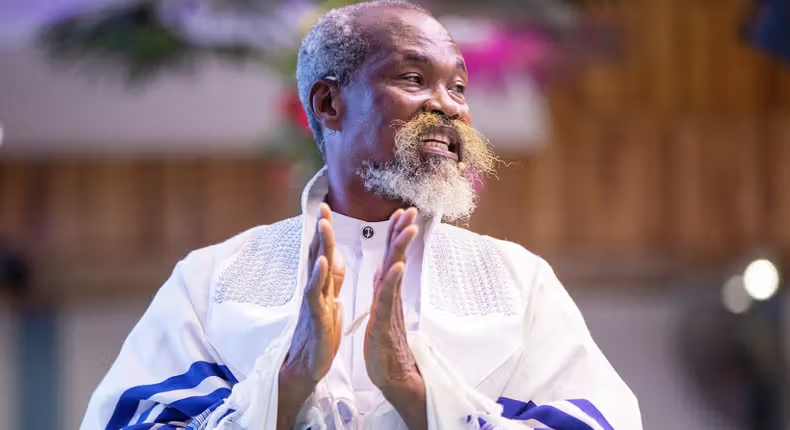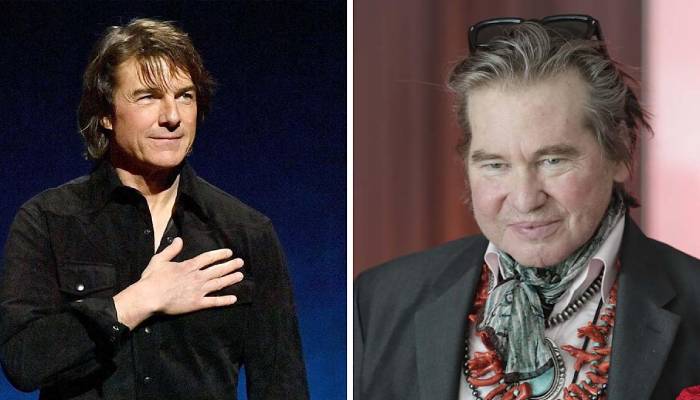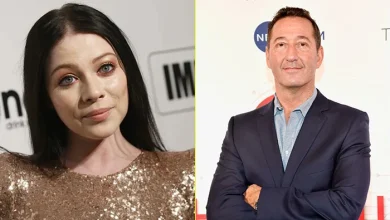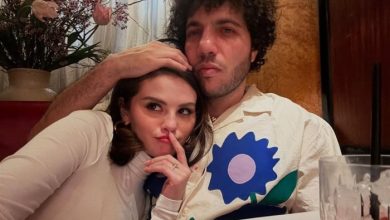Jennifer Love Hewitt talks about navigating misogyny earlier in career
Jennifer Love Hewitt reflected on how body was the issue in the early 2000s
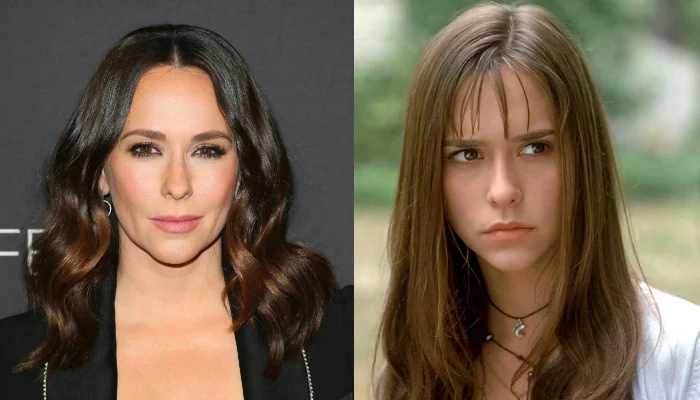
Jennifer Love Hewitt is opening up about the harsh realities she faced during her early years in Hollywood, reflecting on the widespread sexism that shaped the careers of many young female stars in the late 1990s and early 2000s.
In a recent interview with Vulture, the actress shared how watching the documentary Framing Britney Spears made her realize just how deeply she, too, had been affected by what she now understands as sexism en masse.
“When I started watching it, I was like, ‘Oh, they talked to me like that, oh.’ I started crying for her. And then I realized I was crying for me,” she said, visibly moved by the parallels between her own experience and Spears’.
Best known for her role as scream queen Julie James in I Know What You Did Last Summer, Hewitt said it wasn’t until recently that she fully grasped the extent of how the industry and media treated her.
She recalled being sexualized before she even understood what that meant.
“Before I even knew what s*x was, I was a s*x symbol,” she said.
“All of a sudden, the pictures were of actresses stumbling out of clubs drunk. It was them at the grocery store looking terrible. It opened this very scary door.”
Hewitt reflected on how her work was often overshadowed by headlines focused solely on her appearance.
“I don’t put blame on the people asking [inappropriate] questions. Nobody was saying, ‘Don’t talk to women like that. Don’t talk to little girls like that.’ But I worked hard on I Know What You Did Last Summer. I brought good stuff to it, and no one was talking about it.
It was just ‘B**b, b**b, b**b’ everywhere. I didn’t just show up to wear the little blue top and run around,” she said, referencing her now-iconic look from the film.
To push back against the objectification, Hewitt once wore a shirt that read “Silicone-free” during a press tour in Australia.
“I was like, ‘I’ve had it.’ I wore that shirt, and I felt so empowered. And then, of course, nobody cared,” she said. “I really wanted to be a good actor, and I was trying to give to the people watching. I was trying to outact the conversation around my body.”
Now a mainstay on the series 9-1-1, Hewitt is sharing her story as a way to speak up for her younger self and others who experienced similar treatment in that era.
